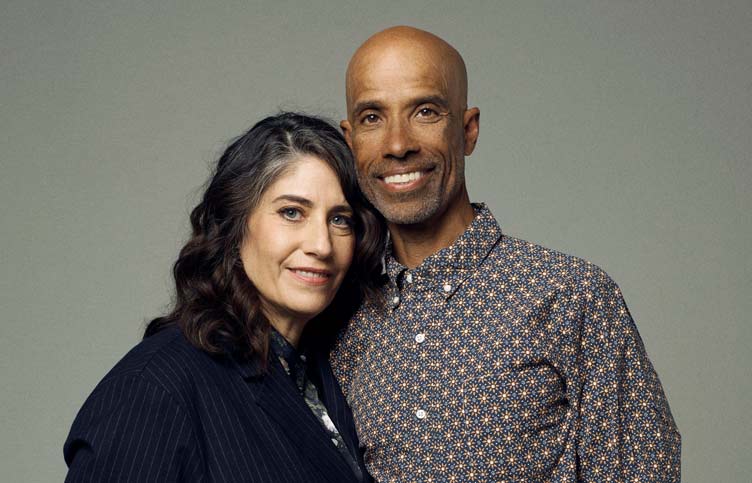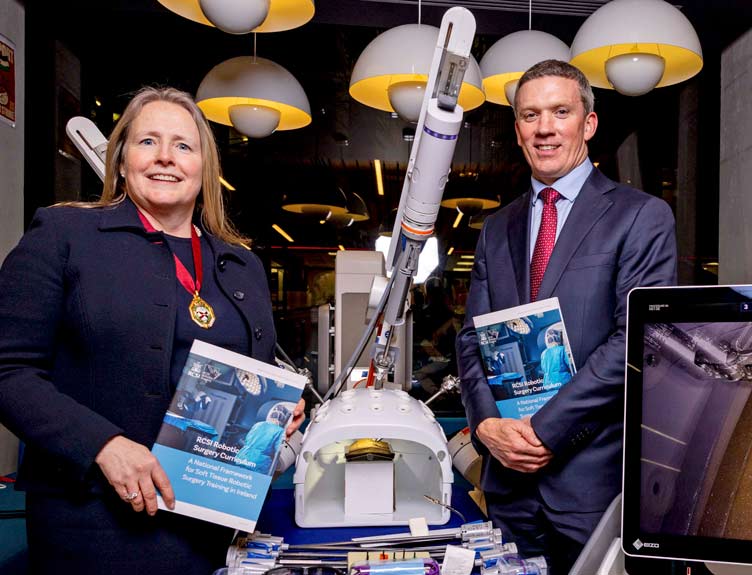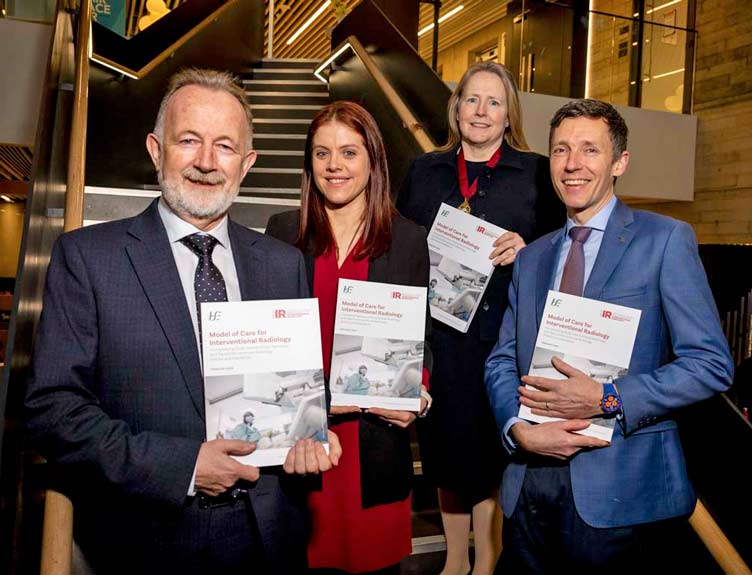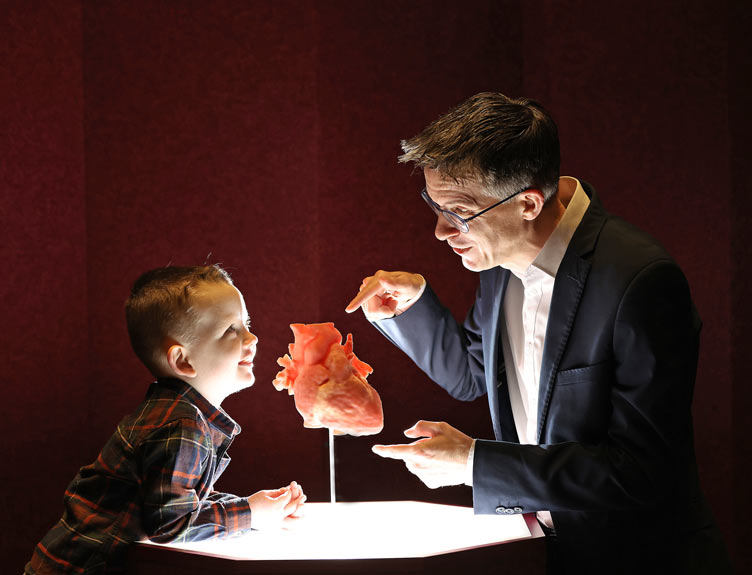Dr Cristina Reschke receives CURE Epilepsy Cameron Boyce Foundation Taking Flight Award
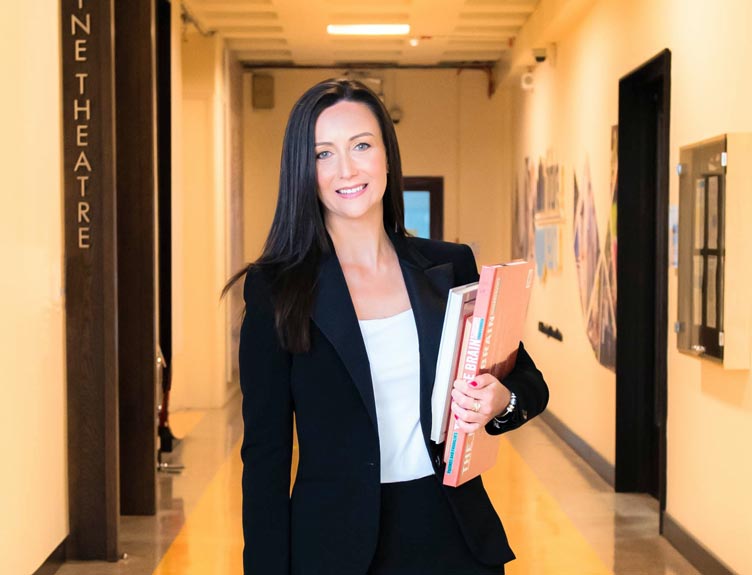
Dr Cristina Ruedell Reschke is the recipient of the inaugural CURE Epilepsy Cameron Boyce Foundation Taking Flight Award. The international award, established to honour the legacy of actor Cameron Boyce, will fund Dr Reschke’s research into the restoration of circadian function as a therapy for epilepsy.
The project will focus on how disruptions of circadian rhythms affect gene expression during development of epilepsy. This study will also look at developing a gene therapy approach to restore proper function of a central gene that is involved in regulating circadian rhythms.
Dr Reschke is a Lecturer at the School of Pharmacy and Biomolecular Sciences at RCSI University of Medicine and Health Sciences and a Funded Investigator at FutureNeuro, the SFI Research Centre for Chronic and Rare Neurological Diseases.
“The Cameron Boyce Foundation and the Boyce family are so incredibly honored to support Dr Ruedell Reschke, RCSI and FutureNeuro in their quest to find answers to the complexities of epilepsy. The Cameron Boyce Foundation intends to move the needle on epilepsy research along with our partner agencies and the epilepsy community so that no other family has to endure the pain of losing a loved one to this disease. We are hopeful that this grant award will get us closer to a cure for epilepsy. We look forward to a fruitful and impactful collaboration,” commented Victor and Libby Boyce.
“CURE Epilepsy is proud to be awarding Dr Cristina Reschke’s Taking Flight grant. Her research furthers CURE Epilepsy efforts to promote the careers of young investigators, while also accelerating critical research that will help move us one step closer to a cure for epilepsy,” said Beth Dean, CEO, CURE Epilepsy.
“The CURE Epilepsy Cameron Boyce Foundation Taking Flight Award will allow Dr Reschke to further our knowledge of how circadian rhythms affect gene expression during epilepsy development. A better understanding of the linkages between the body-clock and seizures could potentially allow a gene therapy approach to modify specific genes affected by circadian rhythms,” said Professor David Henshall, Director of FutureNeuro and Professor of Molecular Physiology and Neuroscience at RCSI.
Read more about the award on the CURE Epilepsy website.
